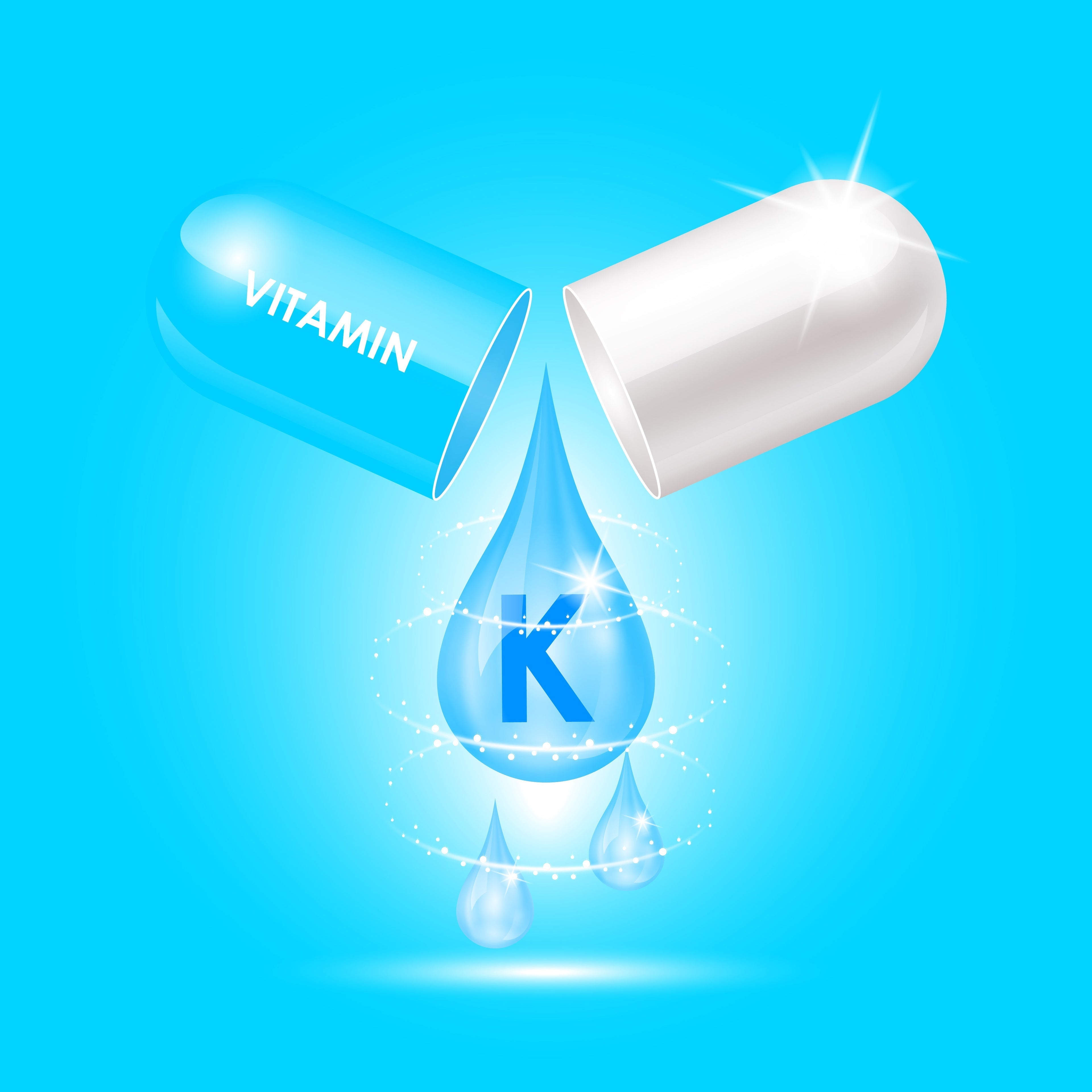
🌿 The Health Benefits of Vitamin K
Why This Often-Overlooked Nutrient Deserves a Spot on Your Plate
When we think of essential vitamins, we often hear about Vitamin D or Vitamin C—but Vitamin K deserves a spotlight too. Known mostly for its role in blood clotting, Vitamin K actually supports much more—from bone strength to heart health and even brain function.
Let’s explore what Vitamin K does, the difference between K1 and K2, and why adding more Vitamin K-rich foods to your diet can support long-term wellness.
🧬 What Is Vitamin K?
Vitamin K is a fat-soluble vitamin, which means it’s stored in your liver and body fat and best absorbed with healthy dietary fats (think avocado, olive oil, or nuts).
There are two main types of Vitamin K:
-
Vitamin K1 (Phylloquinone): Found in leafy greens like kale, spinach, and broccoli. It primarily supports blood clotting.
-
Vitamin K2 (Menaquinones): Found in fermented foods like natto, sauerkraut, and some cheeses, as well as in animal products like eggs and liver. It plays a critical role in bone and cardiovascular health.
🌟 Key Health Benefits of Vitamin K
🦴 1. Supports Bone Strength
Vitamin K helps activate a protein called osteocalcin, which binds calcium to bones and makes them stronger. Research suggests that higher intake of Vitamin K2 (especially MK-7 and MK-4 forms) can help improve bone density and reduce fracture risk—especially in postmenopausal women and older adults.
❤️ 2. Promotes Heart Health
Vitamin K2 helps regulate calcium distribution—keeping it in the bones (where it belongs) and out of soft tissues like arteries. This supports arterial flexibility and may reduce the risk of cardiovascular disease and arterial calcification.
🧠 3. Supports Brain and Nervous System Function
Vitamin K is involved in the metabolism of sphingolipids, which play a role in brain cell signaling. Emerging research suggests it may support cognitive health and reduce oxidative stress in the brain, especially as we age.
🍽 4. Improves Insulin Sensitivity
Some studies have found that Vitamin K may play a role in glucose metabolism, helping regulate blood sugar levels and improve insulin sensitivity—beneficial for those with or at risk for type 2 diabetes.
🧒 Special Considerations for Certain Life Stages
-
Infants: Newborns receive a Vitamin K1 injection at birth to prevent deficiency-related bleeding.
-
Children: During peak bone development, Vitamin K supports growth and skeletal health.
-
Seniors: Aging affects nutrient absorption, and Vitamin K intake often decreases with age. Supporting cardiovascular and bone health becomes even more crucial.
🍃 Best Food Sources of Vitamin K
| Type | Food Sources |
|---|---|
| K1 | Kale, spinach, parsley, broccoli, plant oils |
| K2 (MK-4) | Egg yolks, butter, liver, meats |
| K2 (MK-7) | Natto, kefir, sauerkraut, fermented soy |
| K2 (MK-9) | Gouda, Swiss cheese |
📝 Tip: Pair your greens with a source of healthy fat to enhance absorption!
⚠️ A Note on Supplements & Interactions
Vitamin K is generally safe, but it can interact with medications—especially blood thinners like warfarin and certain antibiotics. Always speak to your healthcare provider before adding a Vitamin K supplement to your routine.
All contents on this website were created for informational purposes only and are not intended to be a substitute for professional advice, diagnosis, or treatment. Always seek the advice of your physician, therapist, or other qualified health providers with any questions or concerns you may have.

